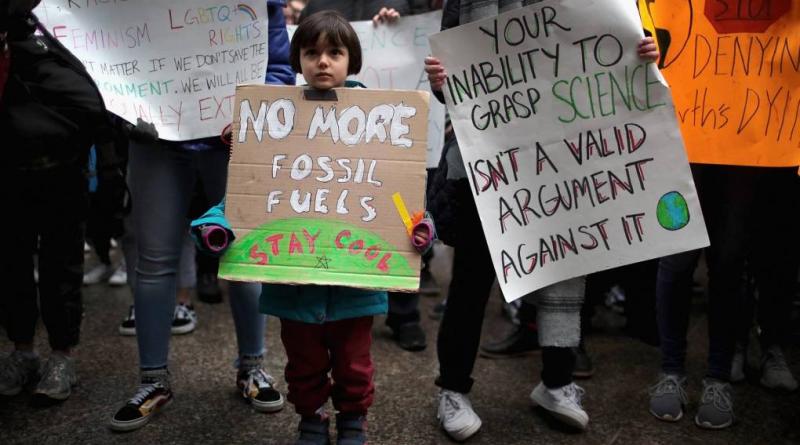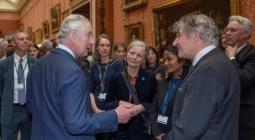Education for a sustainable future – Empowering individuals to tackle climate change

Education plays a critical role in addressing climate change as it raises awareness and builds the knowledge and skills necessary to transition to a low-carbon, sustainable future. Some of the ways in which education can contribute to tackling climate change include climate literacy, sustainability education, green skills training, and community building.
Educational programmes that provide climate literacy encompass the knowledge and understanding of the science of climate change, its impacts, and the ways in which individuals and communities can take action to address it. Being better educated about climate change means that citizens are far more likely to understand the problem and are empowered to make changes in their own lives.
Sustainability education aims to equip individuals with the knowledge, skills and values necessary to create a more sustainable future. This includes teaching about the causes and consequences of climate change, as well as practical solutions for reducing greenhouse gas emissions and adapting to the impacts of climate change.
As the world shifts towards a more sustainable future, there is an increasing need for workers with green skills, such as renewable energy technicians, sustainable building designers, and green business managers. Education can help prepare individuals for these in-demand jobs and support the transition to a low-carbon economy.
Education is also a powerful tool for engaging communities and inspiring action on climate change. For example, schools can engage their students and families in sustainability projects and initiatives, such as planting trees, reducing energy use, and composting.
Rewatch this EURACTIV Virtual Conference to learn about the role that education plays in building a sustainable future and empowering young people to tackle climate change. What could be the most efficient tool in equipping today’s youth with the skills needed to make a real difference in mitigating and adapting to the effects of climate change? How can public-funded projects contribute to this?
cover photo:KQED




